

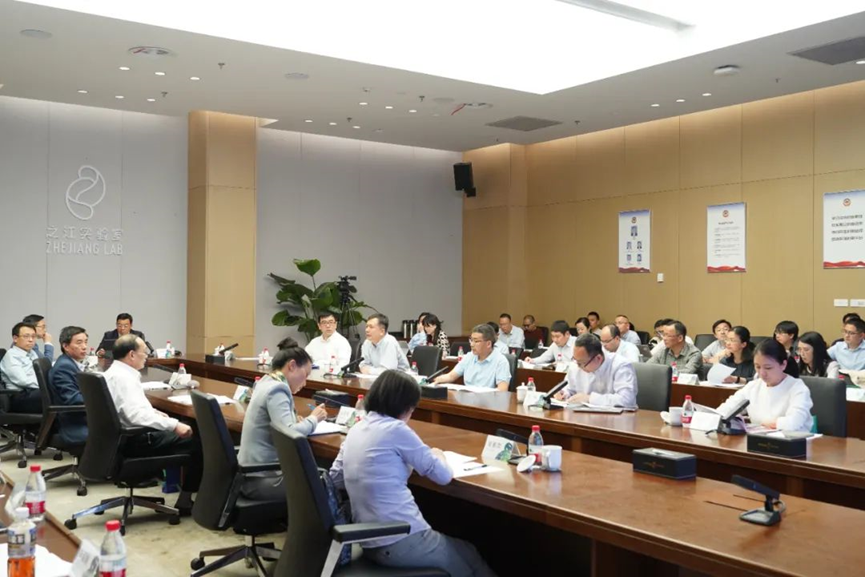
On April 17, 2023, the 2023 seminars on academic frontiers in economics and finance under the theme of "Cross Innovation of Intelligent Computing and Financial Scenarios", jointly sponsored by the China Society for Finance and Banking, Zhejiang Lab (ZJ Lab) and China Monetary and Financial Forum, were held at Zhejiang Lab. ZHOU Chengjun, Secretary-General of the China Society for Finance and Banking and Director General of the Research Institute of Banking and Finance of the People's Bank of China (PBC), attended the event. YUAN Jixin, Vice President of ZJ Lab, delivered a speech, and ZHENG Yuhua, Vice President of ZJ Lab, presided over the event.
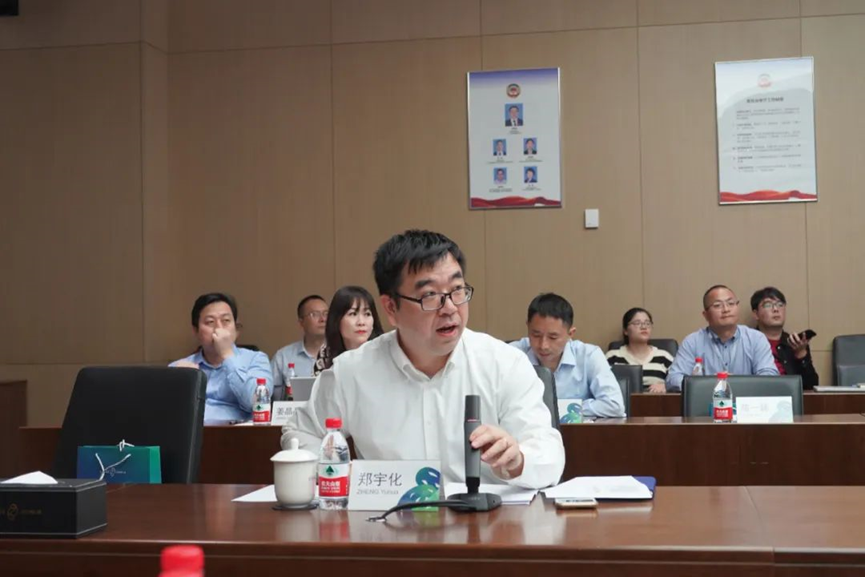
In his remarks, YUAN Jixin introduced ZJ Lab and the Research Center for Fintech in detail. He said that well-known industry experts were invited to share the development trend of cutting-edge financial technology, creating a platform for the exchange of cross-research results. He expressed the hope that more intelligent computing researchers would move forward with ZJ Lab and make significant contributions to the scientific research, technology promotion and business transformation that empower the financial sector with intelligent computing.
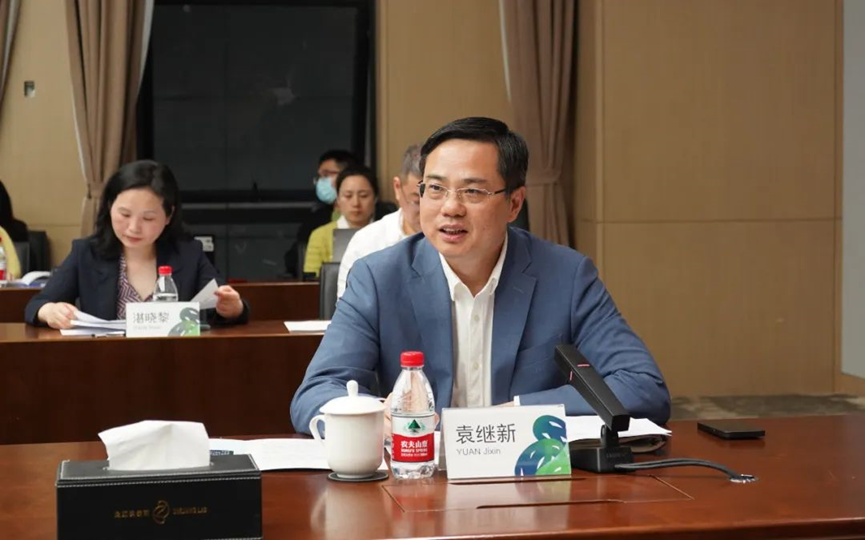
In subsequent interactive sessions such as academic presentations and reviews, industry experts and scholars gave excellent presentations on the latest phenomena and achievements in Fintech.
Prof. YE Qiang, Executive Dean of the School of Management at the University of Science and Technology of China, explained the impact of information technology on the financial industry from the perspectives of the Turing Test and ChatGPT. He said that in the era of big data, "attention" is a key variable affecting financial markets, and search engine is a very direct way to measure investors' attention. "Everyone searches for and pays attention to a particular stock, leading to an increase in attention to the stock, which will generate price pressure and higher probability of buying." YE Qiang detailed his team's research on "an information processing mechanism based on the weekend search effect on stock prices". "Our results prove more search traffic on weekdays than on weekends, but the latter has more influence on financial markets."
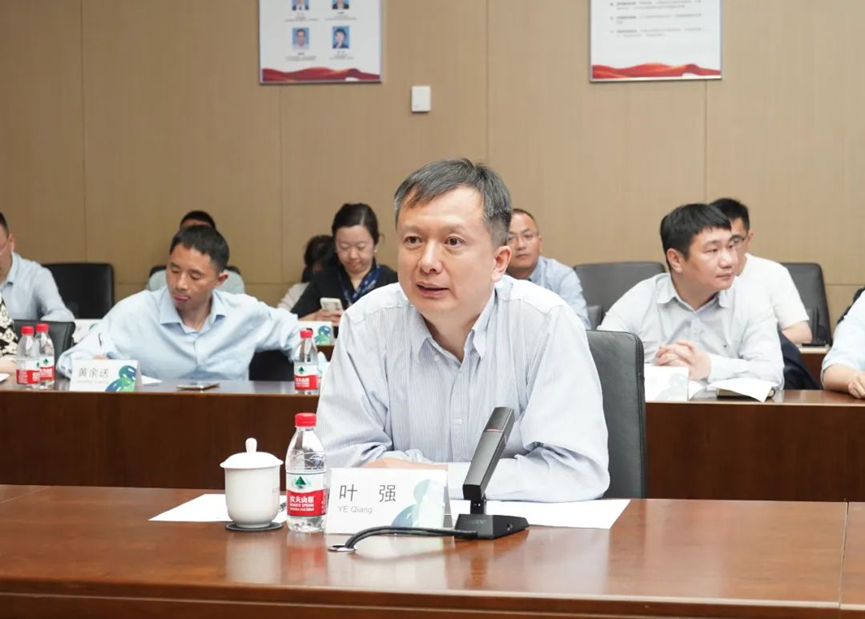
WU Xindong, Foreign Academician of the Russian Academy of Engineering and Senior Research Expert at the Research Institute of Artificial Intelligence of ZJ Lab, highly praised YE Qiang's research methodology. He pointed out that attention lies at the core of ChatGPT. "The research done by YE Qiang's team based on the attention mechanism is interpretable while it is uninterpretable with ChatGPT, giving rise to many wrong answers. So I think it is unnecessary to get into a panic about ChatGPT. We should catch up and develop our own GPT mechanism."
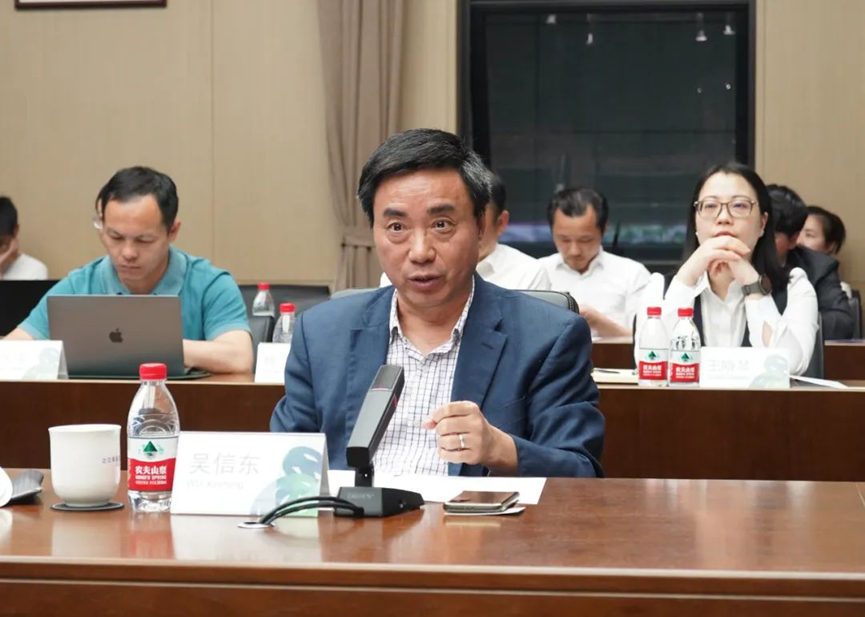
WEN Wu, Professor of the International Business School and Director of the International Research Centre for Fintech Security of Zhejiang University, started with the technological development of innovation in digital finance and shared his views on future digital financial infrastructure, form of money, financial transaction regulation and other issues. In his view, China has launched the e-CNY and will continue to expand the application scenarios, especially for corporate business; the global digital financial infrastructure will be based on a hybrid model combining Central Bank Digital Currencies (CBDC) and Institution DeFi.
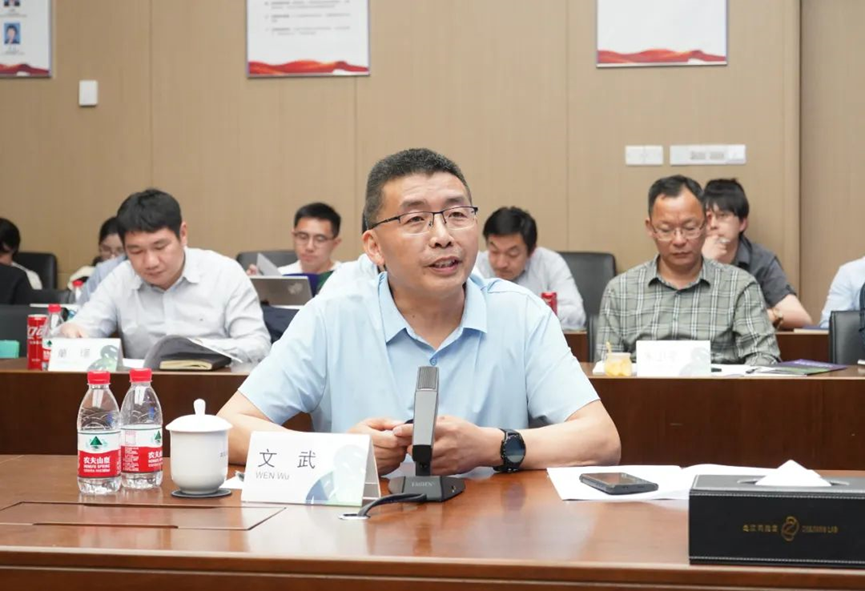
JIN Xuejun, Executive Director of the China Society for Finance and Banking and Executive Dean of the Institute for Public Policy of Zhejiang University, pointed out that Prof. WEN Wu's views are quite enlightening. We need to focus on the purpose of promoting digital currencies, and ensure financial security while leveraging the advantages of digital currencies through technological means.
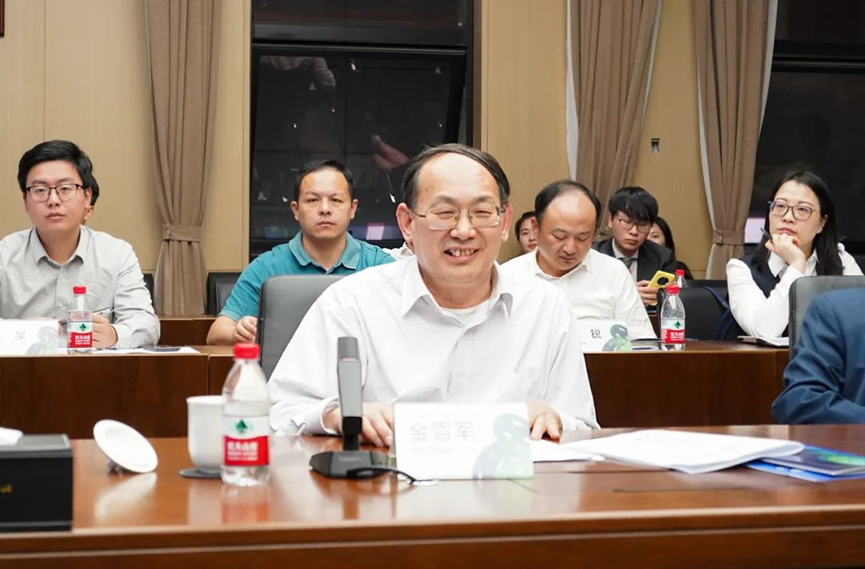
LI Nan, Director of the Research Center for Fintech of ZJ Lab, gave a thorough review of the development of AI technology and pointed out that AI is currently facing three critical contradictions in the financial sector. In his opinion, ChatGPT indicates that science is accelerating into an "intelligence-driven" era, and the differences and contradictions between the general foundation model and characteristics of the financial sector such as closed data, intensive knowledge and tighter regulation call for our long-term investment in data security, knowledge integration and interpretability. At present, the Research Center for Fintech of ZJ Lab has carried out key technology layout in the field of financial foundation models, including the research on trusted knowledge to identify and guarantee the security of financial data, the research on multi-modal financial information representation and fusion technology, and the research on reasoning and decision-making interpretability based on financial intelligence models.
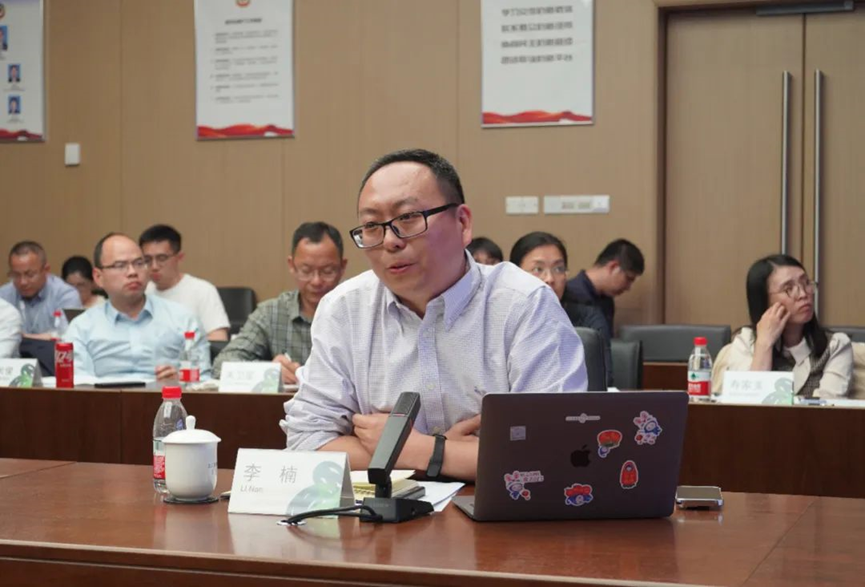
LI Nan gave a live demo of the technologies, which sparked a heated debate among experts present. QIAN Meijun, Academic Dean of the International Business School of Zhejiang University, pointed out that the ultimate goal of both financial services and financial regulation is to solve problems of the real economy. "How to ask a question to an AI" is very important to train foundation models. There may be intrinsic economic relations between seemingly unrelated questions, so it is necessary to ask the "right questions" and then use data and AI analysis to find answers as rigorous as possible.
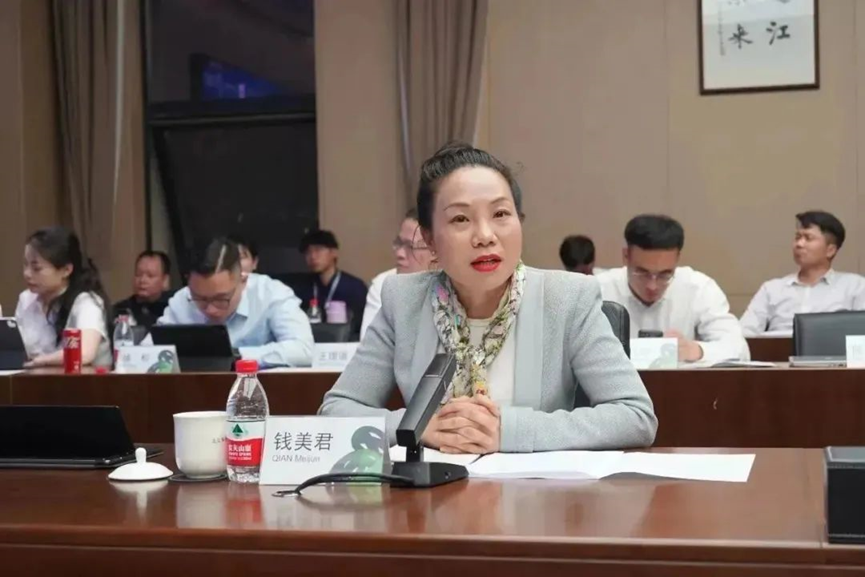
ZHOU Chengjun, Secretary-General of the China Society for Finance and Banking and Director General of PBC's Research Institute of Banking and Finance, said that the seminars included both well-organized academic paper sharing and mind-blowing technical discussions. "Digitalization has posed great challenges to all areas of the financial industry. Only when financial problems are solved with technology and finance fully collides with technology, we have the chance to make the impossible possible."

Heads of PBC's Research Institute of Banking and Finance, PBC Hangzhou Central Sub-branch, China Construction Bank Zhejiang Branch and related units of ZJ Lab attended the activities offline, and more than 300 people from the board, board units and group member units of the China Society for Finance and Banking participated in the activities online.











